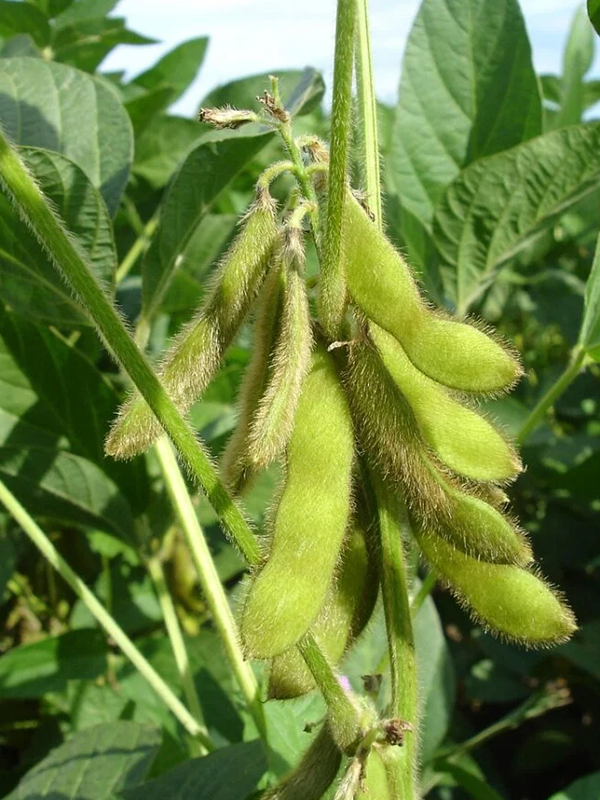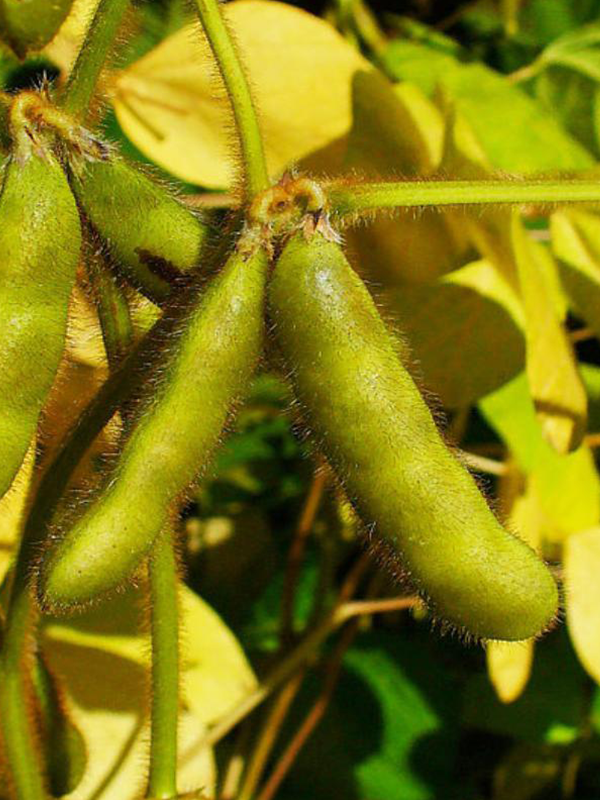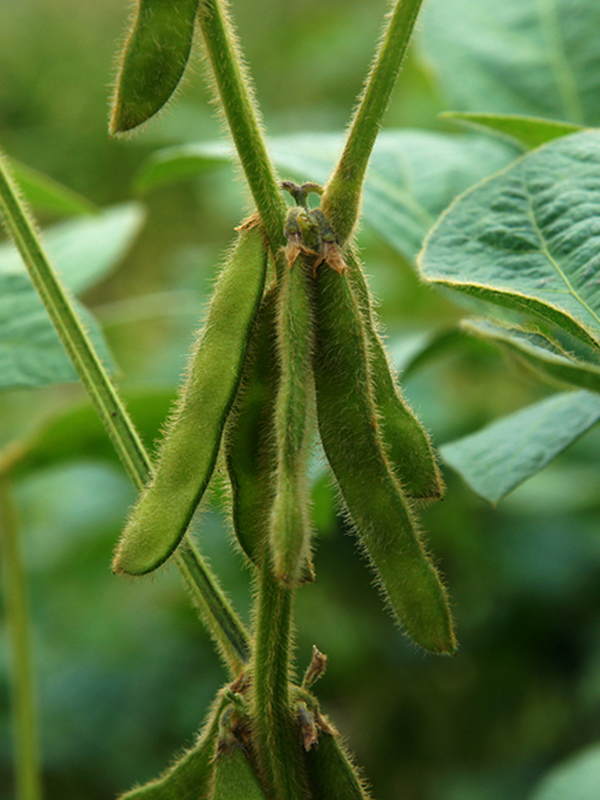
For the production of high-protein feeds.
Proteoleaginose protein are a group of agricultural crops distinguished by the production of high-protein feeds. One of the most common and widely used species in this context is soybean.
Soybean represents one of the main protein-aginous crops grown globally. Its nutritional properties and high protein content make it an ideal choice for animal feed. Soybeans are rich in high-quality protein, which provides the essential amino acids needed for a balanced animal diet.
Cultivating soybeans as proteoleaginous offers numerous advantages. In addition to providing a significant source of protein for animal feed, soybean is also a plant that contributes to soil fertility. In fact, soybean roots are able to fix atmospheric nitrogen and enrich the soil with this important nutrient. This means that growing soybeans as part of a crop rotation can promote soil health and reduce the need for chemical fertilizers.
Soybean represents one of the main protein-aginous crops grown globally. Its nutritional properties and high protein content make it an ideal choice for animal feed. Soybeans are rich in high-quality protein, which provides the essential amino acids needed for a balanced animal diet.
Cultivating soybeans as proteoleaginous offers numerous advantages. In addition to providing a significant source of protein for animal feed, soybean is also a plant that contributes to soil fertility. In fact, soybean roots are able to fix atmospheric nitrogen and enrich the soil with this important nutrient. This means that growing soybeans as part of a crop rotation can promote soil health and reduce the need for chemical fertilizers.

